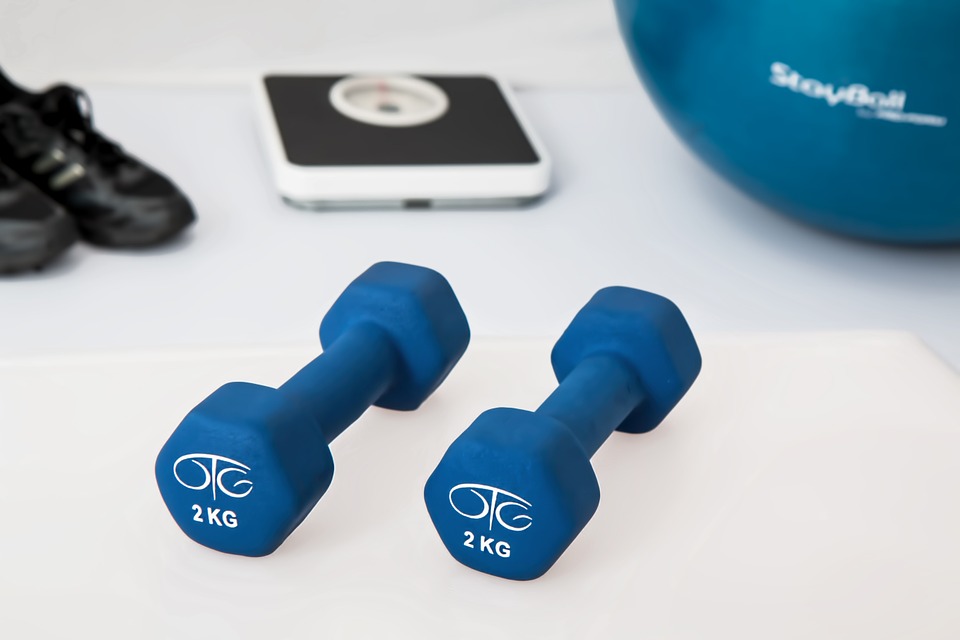Sports can be a fun way to learn new things, make some friends, relieve stress and get some regular exercise. It is a great way of losing weight as you lose calories really fast while enjoying yourself. There are many best sports to lose weight but you need to pick those sports which will suit your body.
Here are some of the best sports to lose weight:
1. Basketball:
To lose weight, the calories spent should be more than the calories consumed. The number of calories you burn playing basketball cannot be accurately calculated. It depends on a lot of factors such as your age and gender, but most importantly, on your weight.
An average person with a bodyweight of around 155 lb can lose up to 300 calories in just half an hour of playing whereas someone with a greater weight of around 185 lb will have to put in a lot more effort and can spend 355 calories in the same time!
There is no fixed formula, but multiplying your weight in pounds by a factor of 3.6 will give you an estimate of how many calories you burned per hour.
2. Tennis:
Tennis can become a very competitive sport pretty soon if you are passionate about it. But if you are getting into it with the sole intention of the best sports to lose weight, you might be discouraged at first as you will not see much results. This is because, if you are not serious, you will be slacking off pretty often.
Tennis can be a full-body sport if you make it a point to always keep moving. Play singles so that you have the whole side to defend and run around. Play with a single ball so every single time you miss, you have to go get it. Maybe play with a better player, that way you will be on your toes a lot! Make sure you have put enough effort in to be dripping sweat by the end of the game.
3. Rollerblading:
Rollerblading is an aerobic exercise that uses your own body weight against you. To balance on the wheels, you might not realize, but you are using most of the muscles in your body. While it is a very similar sport to walking or hiking in terms of benefits, it can be a lot more fun.
Many factors such as the terrain and your speed influence the ultimate quantity of calories you will burn. Adding more difficulty to the sport such as using wrist weights and involving more arm movements, can increase the number of calories you burn. Going up against an incline rather than plane surfaces can also help. A person with a bodyweight of 160 lbs can burn over 900 calories in a one-hour session of rollerblading.
4. Football:
This is a full-contact sport that will make you run up and down about a hundred yards after a ball that everyone is fighting for. How is it any different than just running then? Well, first there’s stakes. You gotta win! Then, it’s not just plain running, kicking the ball, jumping, dribbling, every activity increases the number of calories burnt.
if you are not already a sportsperson, having the stamina to complete a game might be a bit difficult. Slowly trying to gain stamina over a period of time by jogging, stretching and doing cardio can help. In the end, not only will you be losing weight by the day, but also you will learn a cool new sport!
5. Racquetball:
Similar to squash this sport requires you to be moving continuously. As soon as you hit the ball, you have to get back to the position and be ready for the next. It requires speed and agility making it a great way for the best sports to lose weight.
A person of 160 lbs should be able to burn over 500 calories in just an hour of moderate-intensity racquetball and over 637 calories for a person of 200 lb.
Having a motivation other than just weight-loss, like winning a game, can take out the frustration of the journey making it easier for you to reach your goals. You can find quality basketballs discussed on this.
Read Also:



























